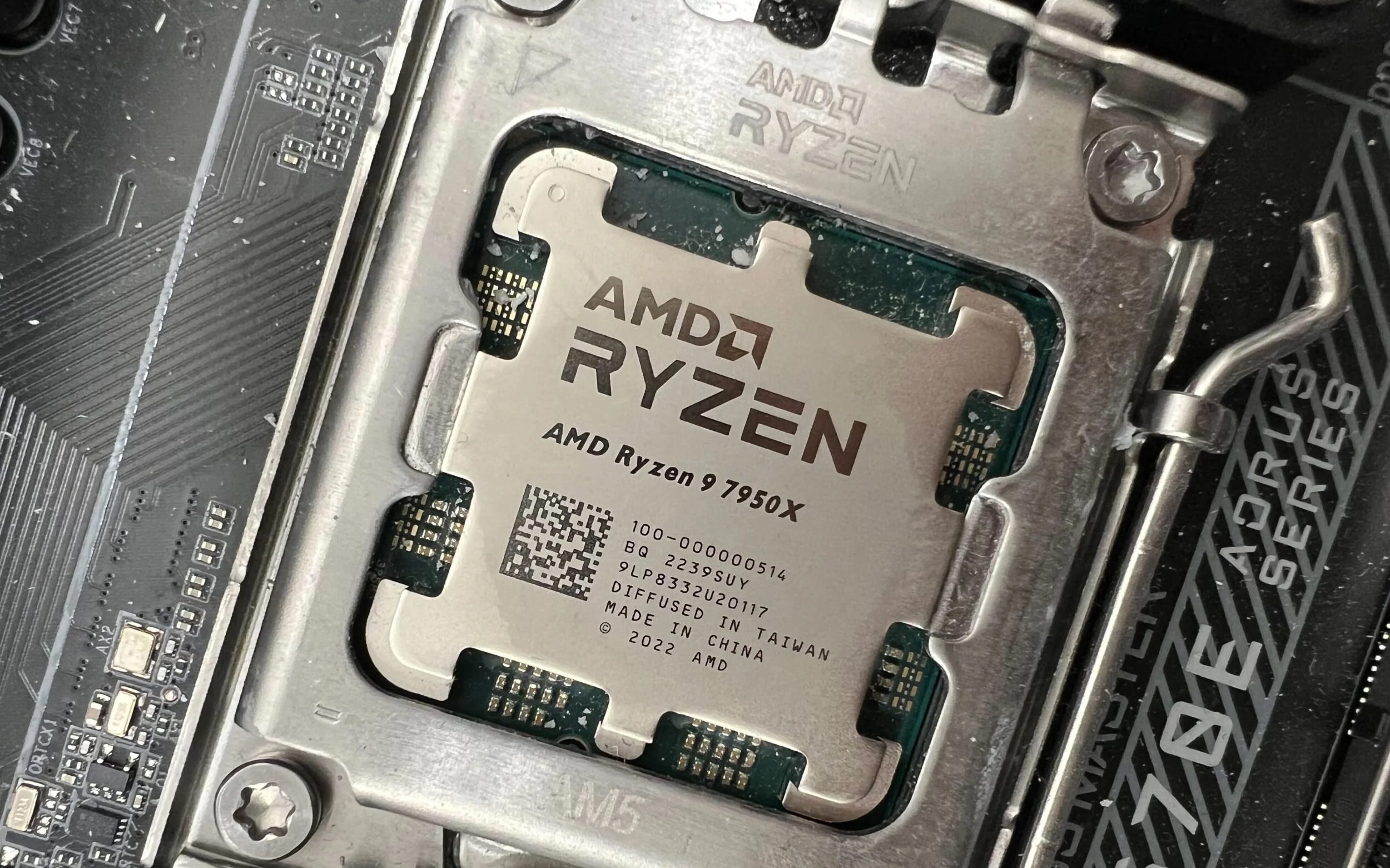The US government also blocks AMD chips for China

After Nvidia, AMD also finds itself having to modify its chips for the Chinese market due to the increasingly stringent restrictions of the American government. All the details and possible impacts on the accounts
The American semiconductor company Advanced Micro Devices (AMD) was denied by the United States authorities the possibility of freely exporting the microchips for artificial intelligence that it had developed specifically for China: they were however judged to be too powerful, and therefore not may be sold without special permission.
WHAT HAPPENED
According to Bloomberg sources, which revealed the news, it seems that AMD was convinced that the US Department of Commerce would not contest the export of its processors for the Chinese market, which were less performing than those sold in other countries. But this did not happen; AMD, as a result, will have to get a license approved by the Bureau of Industry and Security , the Commerce Department agency that administers export control rules.
NOT JUST AMD: THE NVIDIA CASE
AMD's case is by no means an isolated case. Another major US company in the sector, Nvidia , has had to repeatedly lower the performance of its artificial intelligence chips destined for China in order to comply with increasingly stringent US government restrictions: Washington's goal is to prevent Beijing to access those advanced and critical semiconductors for technological-industrial and military progress.
Processor export controls issued by Joe Biden's administration in 2022 prohibited both Nvidia and AMD from selling their most powerful AI chips to China. Nvidia soon made it known that it had developed a less performing model, while AMD has not released public communications on the matter.
But – as Bloomberg writes – in recent times AMD has begun to challenge Nvidia in the artificial intelligence chip market with greater determination. In December it introduced the MI300 series to provide an alternative to the H100, Nvidia's main graphics processing unit. The processor intended for China (but it is not clear which specific customers are) is the MI309.
THE RESPONSE OF CHINESE COMPANIES
Meanwhile, Chinese companies have organized themselves to cope with American controls.
Tech companies like Tencent and Baidu stockpiled large quantities of Nvidia chips before the new restrictions took effect, and say they have enough capacity to power their AI models for a year or two.
Other companies have instead begun to dismantle Nvidia's gaming graphics cards to access the internal components and re-install them in circuits intended for artificial intelligence.
Huawei , which specializes in telecommunications and smartphones, is focusing on developing artificial intelligence microchips, called Ascend.
THE ECONOMIC IMPACT FOR AMD
Despite the extraordinary economic results for the fourth fiscal quarter of 2023, significantly higher than Wall Street forecasts, Nvidia wanted to point out that revenue from the data center sector was affected by US restrictions on the export of microchips to China.
AMD did not disclose China market revenue in its fourth-quarter 2023 results.
This is a machine translation from Italian language of a post published on Start Magazine at the URL https://www.startmag.it/innovazione/amd-restrizioni-chip-intelligenza-artificiale-cina/ on Wed, 06 Mar 2024 15:04:28 +0000.
